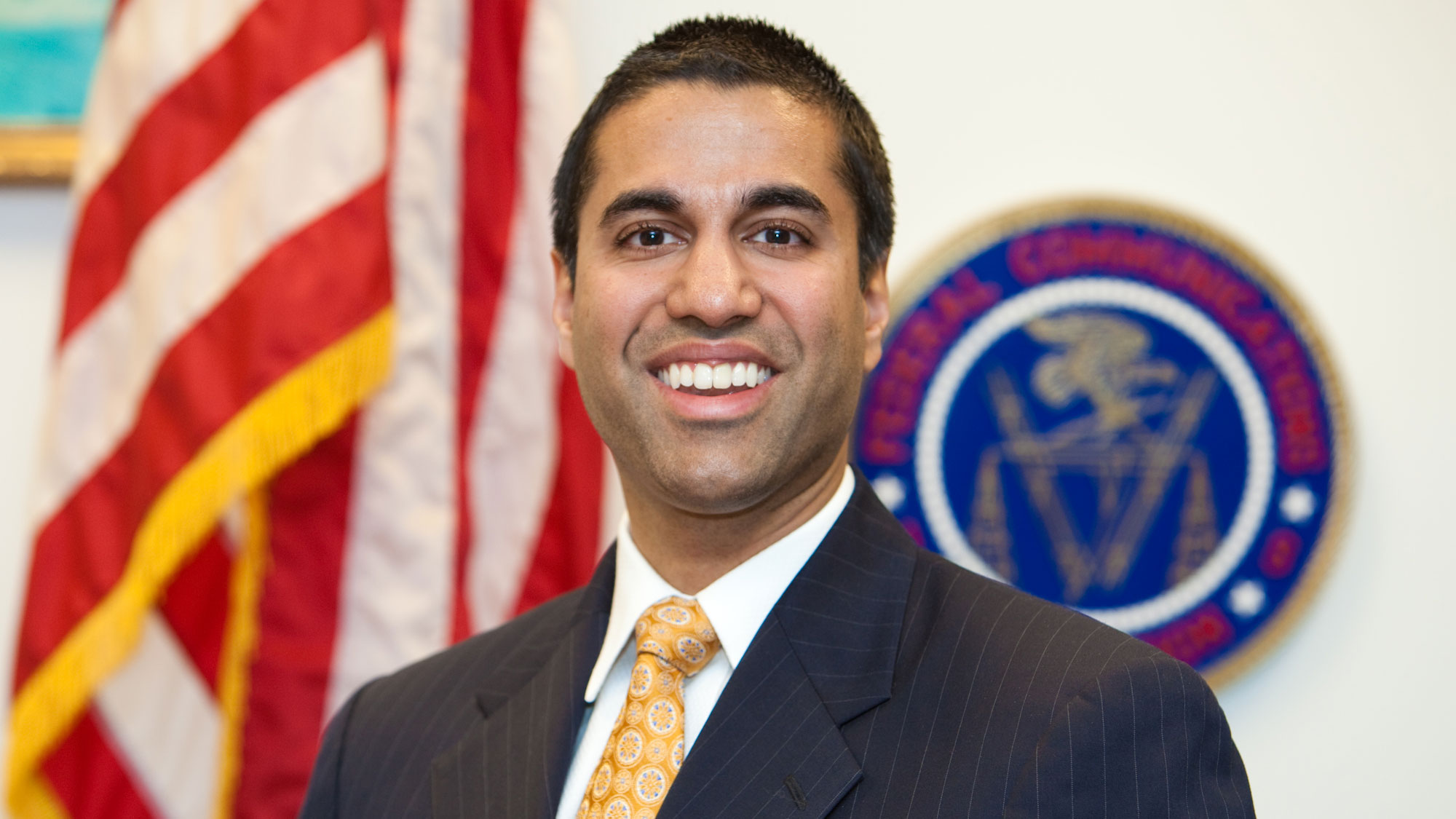Pai Signals No Plans to Reinstitute Diversity Reporting Form

The smarter way to stay on top of broadcasting and cable industry. Sign up below
You are now subscribed
Your newsletter sign-up was successful
FCC chairman Ajit Pai has signaled he has no plans to reinstitute the form 395-B data collection of the racial makeup and gender of broadcast staffs, as Democrats have pushed for, but suggests he is not alone in his issues with that form.
“I have serious constitutional and statutory concerns,” he said in a letter to Sen. Chris Van Hollen (D-Md.) and Rep. Yvette Clark (D-N.Y.) “These concerns have been shared by commission leadership under both Democratic and Republican Administrations, which is why the commission has not adopted these reforms over the past decade and a half.”
An FCC source confirmed that the chairman indeed had no plans to bring the form back.
Those legislators had called on the FCC in “any conversation regarding the FCC’s EEO practice” to “contemplate the full reinstatement of Form 395-B, which is essential to allow the commission to fulfill a long-ignored statutory mandate to collect data about broadcast workforce diversity.”
That conversation is about a draft Notice of Proposed Rulemaking that would seek comment on improving equal employment opportunity (EEO) compliance and enforcement.
It has been well over a decade since the FCC collected information (form 395-B) from broadcasters on the gender and diversity of their staffs, a point FCC Democrats made in February when the FCC voted to eliminate an EEO reporting form.
The holdup has been whether or not to keep that information confidential, with the data collection suspended since 2004. Democrats say that should matter have been resolved by now. They also say it should be resolved, and the form reinstated, before the FCC weighs in again on diversity, as Pai has signaled it will do via that Further Notice of Proposed Rulemaking on EEO compliance and enforcement.
The smarter way to stay on top of broadcasting and cable industry. Sign up below
The FCC is currently reviewing its media-ownership rules and a court has mandated that the impact on broadcast diversity must be a factor in whatever decisions it makes about regulating or deregulating.
Pai said he was committed to pursuing other alternatives, like a Diversity and Digital Empowerment Working Group or the creation of an incubator program — initially for radio stations, but envisioned to extend to TV.
Contributing editor John Eggerton has been an editor and/or writer on media regulation, legislation and policy for over four decades, including covering the FCC, FTC, Congress, the major media trade associations, and the federal courts. In addition to Multichannel News and Broadcasting + Cable, his work has appeared in Radio World, TV Technology, TV Fax, This Week in Consumer Electronics, Variety and the Encyclopedia Britannica.

